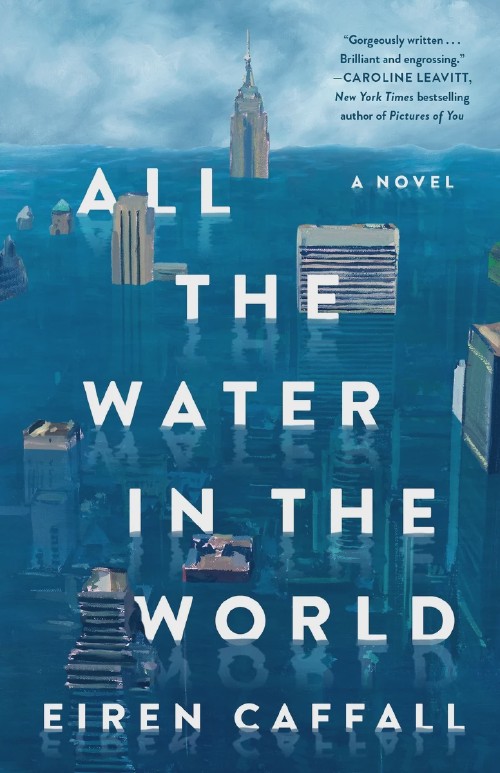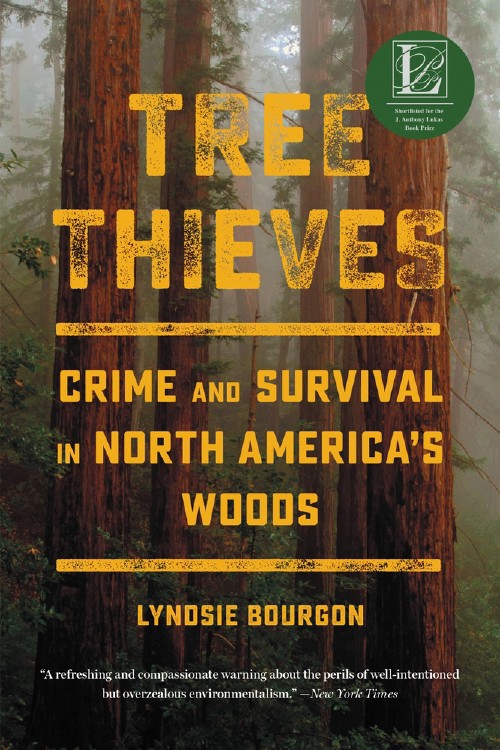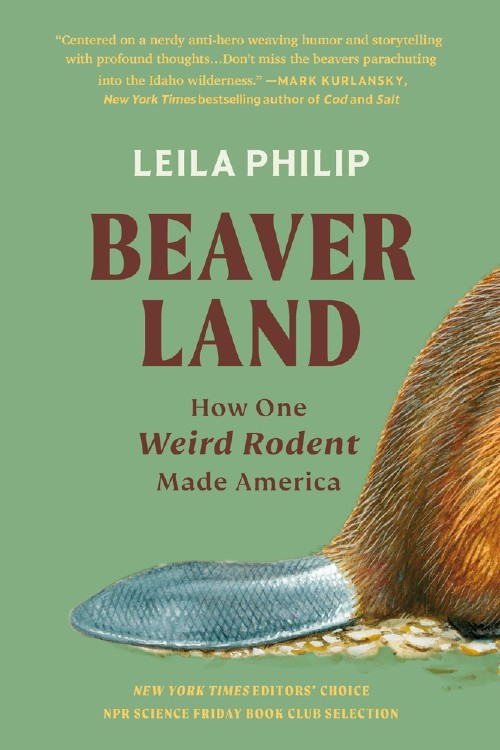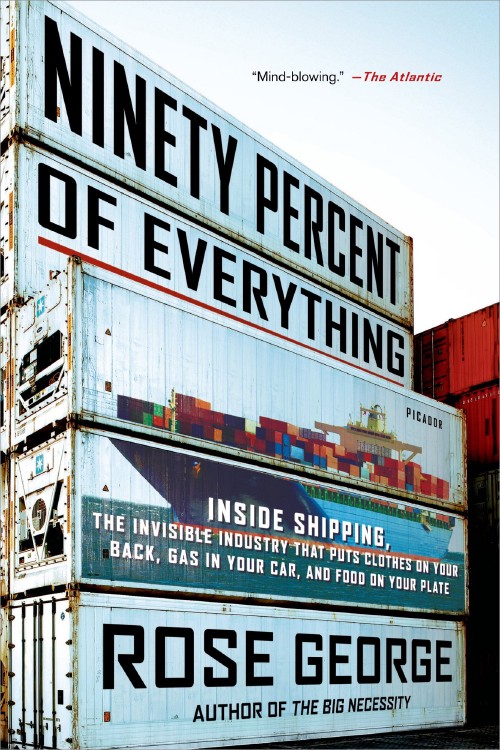We are raising funds to get my trans kid to safety if you are able to help. I’ll post this link again down below.
A few days ago Erin Kissane published a piece where she sought to think with Ursula Franklin’s list of suggestions for how evaluate public projects, from Franklin’s book The Real World of Technology. In my own personal copy of the book, the checklist is on page 127 and along with being heavily marked up, I have written at the top of the page “Checklist! *” because I regularly revisit the list. Erin’s piece is excellent, worth reading and sitting with, but I am using it as a springboard, because in it Kissane ends with a quote from “Using Technology as if People Matter” (from Ursula Franklin Speaks).
To proceed in a hostile world call it an experiment. Admit that you don’t know how to do it, but ask for space and peace and respect. Then try your experiment, quietly.
This citation was the spark my brain needed to call to mind some ideas that feel urgently necessary. To acknowledge that the world is hostile these days feels like acknowledging the color of the sky. It is so obvious that we need not dig in further. But, the rest of Franklin’s assertion feels inviting. I would like to try some experiments! Yet, finding the energy and space to experiment can seem impossible due to the surging hostility. My hope in this piece is to pull together some ideas from writers who have, collectively, given me a path forward. A path that is helping me learn how to sustainably generate the space needed for experimentation.
What worries me most these days is not the hostility (though I am deeply worried about it) but the burnout, resignation, and hopelessness I sense amongst so many people. This worries me because the future is not settled at all; so many futures, so many possibilities, so many other worlds remain open to us, but the better futures are impossible if we are not actively working to make them possible. Burnout, resignation, and hopelessness are not states we can stay in if we want a better world, and yet we can’t simply escape them through wishful thinking or willpower alone. We need ways out, ways that are accessible from the shithole we’re currently in.
We are in these states, feeling the however we do, because it’s a rational fucking response to the Horrors. I like how adrienne maree brown summarizes it in the intro of Emergent Strategy:
The crisis is everywhere, massive massive massive.
And we are small.
So much hostility, so many crises, endless Horrors, and no respite available to gather our strength safely before we must work to deal with the next Horror. If you are burned out, hopeless, feeling resigned, please know that is an extremely reasonable response to the world. But, also know, we desperately need everyone we can find to help build our next worlds, including you.
In the past few years I’ve been reading a great number of authors who are thinking about how we make better worlds. From them I’ve gathered a collection of ideas that have congealed into something that feels like a workable strategy for fighting the Horrors and resisting burnout. A strategy that does not require anyone to suddenly find superhero strength and endurance, but instead assumes that we already have everything we need, in our current state of being. Or at least, this is how I read their words, and the strategy that I desperately hope is true. In the rest of this piece, I’d like to map out this strategy by thinking with them.
To start, I return to the very next sentences from adrienne maree brown, in their book Emergent Strategy:
The crisis is everywhere, massive massive massive.
And we are small.
But emergence notices the way small actions and connections create complex systems, patterns that become ecosystems and societies. Emergence is our inheritance as part of the universe; it is how we change. Emergent strategy is how we intentionally change in ways that grow our capacity to embody the just and liberated worlds we long for.
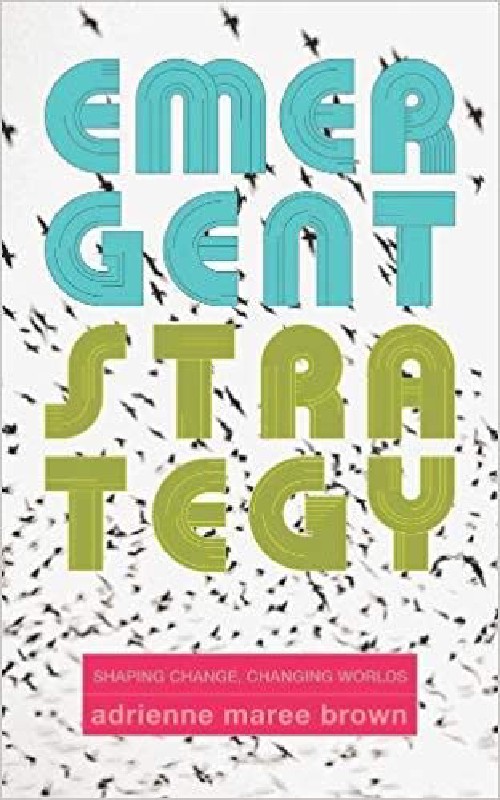
emergent strategy
Copyright 2017, AK Press
Cultural Analysis
brown is arguing, as I read it, that a critical part of creating better futures is learning to think with ecology, which is inherently complex. Ecology is dependent on relationships, on connection. In learning to think this way we develop patterns and ideas that are inaccessible in reigning belief systems. This rethinking, this new storytelling, creates space for emergence.
Emergence, “our inheritance,” is the secret to evolution that we missed for way too long. Evolution is not a survival-of-the-fittest fight for survival; that was a misunderstanding of the data. Ecologists and scientists now see how evolution uses symbiosis, interdependence, collaboration, unexpected relationships, and creativity, in fact is almost entirely dependent on those things in order for new forms of life to emerge. Emergence is what is able to grow in the space that these relationships generate, in the places where it has freedom to try something else. Had life not emerged however many billions of years ago, had it not tapped into every nascent possibility it could find to flourish, none of us would be here.
So, from amb we gather the idea that we need to make space for new possibilities to emerge. Which, sure feels like it would be easier without all of us being burned out and hopeless.
To bring in the next part of my strategy, I turn to the poet and essayist Ross Gay. His writing has long been a source of solace, wisdom, and joy; I have had his poem A Small, Needful Fact taped above my desk for years. In his most recent book Inciting Joy, he explores an idea I find impossible to stop thinking about.
But what if joy is not separate from pain? What if joy and pain are fundamentally tangled up with one another? Or even more to the point, what if joy is not only tangled with pain, or suffering, or sorrow, but also is what effloresces from us as we help each other carry our heartbreaks?
What if he’s right? There is a growing belief that burnout is often related to moral injury; to the ongoing confrontation of how much the world sucks. Burnout is a wound. Regarding hopelessness, the drumbeat in progressive circles is “hope is a discipline.” A practice, an intention. If these are true; that burnout must be healed, and hope must be practiced, then keep listening to Ross Gay, and see if you find his hunch applicable.
My hunch is that joy is an ember for and a precursor to wild and unpredictable and transgressive and unboundaried solidarity. And that solidarity might incite further joy. Which might incite further joy. My hunch is that joy emerging from our common sorrow—which does not necessarily mean we have the same sorrows, but that we, in common, sorrow—might draw us together.
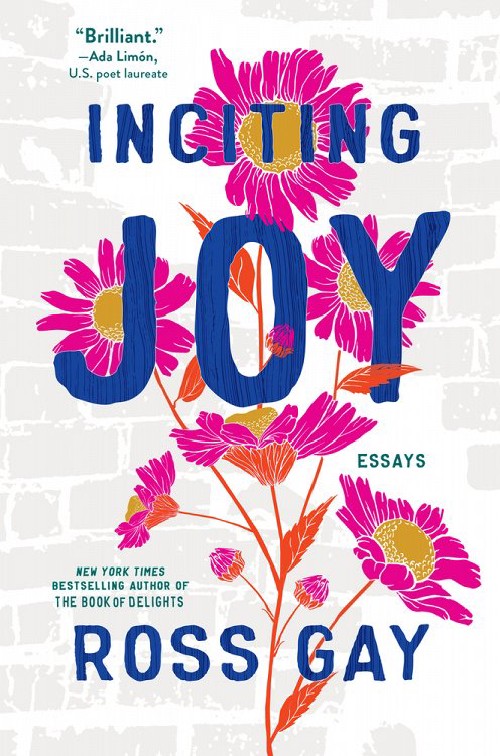
Inciting Joy: Essays
Copyright 2022, Algonquin Essays
Cultural Analysis
This book arrived in my life as a lifeline, and this specific passage a challenge. If I didn’t want to collapse into burnout, if I wanted hope to be sustainable, I was going to have to find joy.
I am just one person but let my experience be a encouragement: Ross Gay’s hunch is dead fucking accurate. Joy is possible amongst immense sorrow. There are many ways I have found to cultivate it; laughing with my children, enjoying hobbies, sharing a moment of vulnerable intimacy with my partner. But none of this comes close to the joy that emerges from communal efforts to show love and care; to make space; whether tenderly (as with a seedling), or disruptively (as with a tidal wave). In the past year, as I have felt the Horrors grow closer and darker, I have worked to build habits of looking around my community for people who want camraderie and support. Each time I do this, I feel the Horrors become slightly less oppressive. I find it easier to create space for emergence. I find joy.
The joy that this work of solidarity generates is wild. Solidarity is distinct from saving, and allows no space for paternalism. Each act of mutual aid–of connection, of taking the people around me seriously and joining with them in whatever I am capable of doing—nourishes my soul. It proves to me that hopelessness is a fucking lie. Better futures are always in reach, we can be turning them into reality every single day.
This framing—that every interaction with a comrade is a chance to experiment with a better future came to me first in Saidaya Hartman’s phenomenal book Wayward Lives, Beautiful Experiments. Hartman is a historian who was unwilling to let the narratives of black women be controlled by the archives available to her—archives that were generated by white people, mostly capturing all the ways black women were criminalized and destroyed by the power systems of the day. So she wrote a book about everything that was omitted from the records. In so doing, she was able to focus on the humanity of her characters, to imagine them as full of dreams, of desires for better worlds, desires they were working to manifest in every possible moment. Hartman explains:
I have crafted a counter-narrative liberated from the judgement and classification that subjected young black women to surveillance, arrest, punishment, and confinment, and offer an account that attends to beautiful experiments—to make living an art—undertaken by those often described as promiscuous, reckless, wild, and wayward.
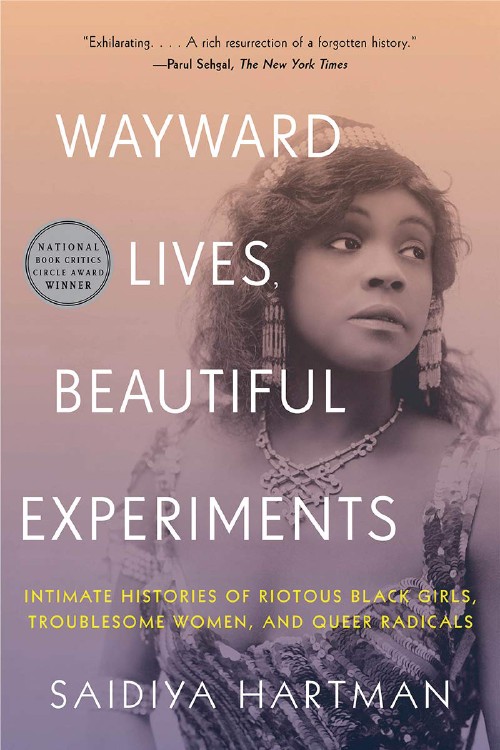
Wayward Lives, Beautiful Experiments
Copyright 2020, W.W. Norton
Race
Beautiful experiments are what this moment calls for. Beautiful experiments to create space, to foster joy and solidarity and justice and healing and evolution and yes, emergence. Beautiful experiments that make us all promiscuous, reckless, wild, and wayward. Beautiful experiments to create counter-narratives for the Horrors.
The administration that has taken over is subjecting us to horrific experiments of death, looting, and greed. The future these goddamn asswipes are building—these power-hungry, imagination-deprived, toxic, chaos idiots—is a shitty future. What I am arguing, in putting adrienne maree brown, Ross Gay, and Saidaya Hartman in conversation is: it’s on us to find and foster all the alternative futures we want to live in. We must find sustainable ways of living, of dreaming, while living amongst the Horrors, until the day comes when we finally sink them to the bottom of the ocean to decompose.
However—I don’t know about the rest of you—if I give myself space to calm down, get out of fight-or-flight mode, and stop engaging in simplistic war thinking (these are my enemies who must be defeated), if I can find some calm to think, I find a Grand Canyon-sized canyon to fill.
What, exactly, am I experimenting towards? What emergence should I pay attention to and foster? It is not enough for me to say that victory means the current administration is gone, because the world already sucked before they took over. The climate crisis is ongoing, accelerating if the administration is successful in their goals. I need more to aim for.
I want liberation. I want abundance. I want safety for all. I want there to be no more power structures in place that allow rich chucklefucks to harm millions for a few more dollars.
In Staying with the Trouble, Donna Haraway addresses this need to think bigger head on.
It matters what matters we use to think other matters with; it matters what stories we tell to tell other stories with, it matters what knots knot knots, what thoughts think thoughts, what descriptions describe descriptions, what ties tie ties. It matters what stories make worlds, what worlds make stories.
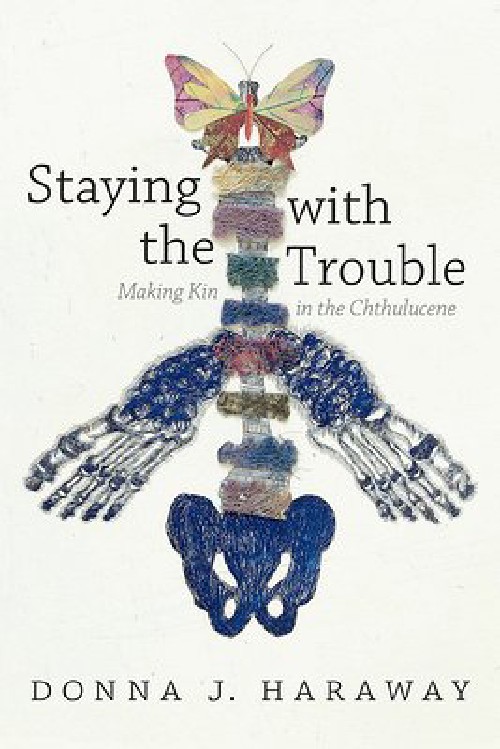
Staying with the Trouble
Copyright 2016, Duke University Press
Climate Change, Cultural Analysis
Reading this book is where I started to understand more how to engage with the work Emergent Strategy argues for. Haraway argues that we will not recognize the world that is emerging, it will be filled with monsters we have created from years of capitalism run amok. We cannot “defeat” the worlds that will emerge because we must live with them. She thus challenges us to stay with the trouble; to reengage our curiosity with what is possible in our terraformed world.
But let me linger for a minute on her last sentence above. “It matters what stories make worlds, what worlds make stories.” I interpret this to mean that the stories we believe, the stories we tell, the stories that help us understand the world, these stories are not benign narratives; they are creative forces that shape what we believe is possible and define what sense is made of the events happening around us. The stories we use to make sense of the world are also the stories that we use to inform the futures we build.
What I understand from Haraway is that finding new stories is how we make new worlds possible. And, from reading adrienne maree brown (and Anna Tsing, and Octavia Butler, and Alexis Shotwell, and innumerable others) I have learned—I now strongly believe— that we don’t need to know the stories in advance. We need to create space for them to emerge, and to build them together. In Franklin’s words, we need to admit that we don’t know how to do it, but then, through staying with the trouble, staying near the sorrows, we can find the joy that generates the energy to keep going. We can encounter joy, practice hope, and build the myriad worlds that are nearby if we keep creating space to let them emerge.
There are many who are already building these worlds; they have been for a long time. Go read Mariame Kaba, Ruthie Wilson Gilmore, N.K. Jemisin, Robin Wall Kimmerer, Nick Estes. Go listen to them on youtube, or find podcasts where they are interviewed. They are just the people I thought of off the top of my head, there are hundreds of thousands of people (do I dare believe there are millions?) doing this work. We are not starting from scratch, and it’s not on you to solve everything.
The thing I hope to leave you with is that the Horrors are not all-encompassing. There are people right now, in this very moment, who are working to replace the Horrors with the Wonders. They could user your help; we could use your help. It’s not going to be easy, it’s not going to be safe, but we can make it joyful. Find someone with an idea for the future and see how you can contribute, even if you’re burned out, even if you’re hopeless, even if you want to be resigned. None of us know the future, it’s entirely possible we succeed.
I’m going to return to Ross Gay, here, though, because I love the way he puts it. In Inciting Joy, he outlines the Horrors, the ways that people are without gardens, or food, or water, or support, or many other things, and then he suggests this:
To be without is violence, it is abnormal (even if it is the norm), and it is an imposition of precarity that is not not natural. All these comorbidities, all these communities exposed to toxins, all this absence of sick pay or good pay, every day, is not simply an affliction, but an infliction. It is on purpose. And the withholding from some of the means of life, of which there are plenty to go around, is a disprivilege. Which is to say: life, though it is a gift, is not a privilege.
And rather than indulging in virtue signaling that simply reifies or maybe even enjoys the guilt of so-called privilege, rather than wading around in that little impotent indulgent cesspool of hand-wringing regret, how about instead we figure out how to get rid of disprivilege, which we could do.
Rather than cursing the darkness, what if we planted some seeds?
I cannot put it better. We are facing some horrible shit right now. But I’m not interested in merely seeing it end, I also just spent 4 years seeing how horrific it is when “the good guys” are in power.
No, I need a better world, one that is filled with more joy and less sorrow, and widespread solidarity. A world where every human has the best chance they could possibly have of living their fullest life. One where marginalization is in the history, a history we keep close as a warning. I want keep planting seeds for those worlds. I believe—I believe with my whole being—that if you join those of us planting seeds you will find that there is so much joy to be found in the world, even, absolutely, in these dark moments.
Coda
This post has become urgent to write in the past week because without my practice of joy, without my daily practice of trying to stand with anyone around me who wants support, I would be falling apart. Members of my immediate family are being targeted by this administration in horrible ways and I am terrified. I am terrified, and unsure of the future, and unsure if everyone I love will make it out ok.
(Specifically, my kid is trans and the government is trying to kill her. We could use some support..)
But, simultaneously, as Ross Gay argued, I am experiencing joy nearly daily. There are so many beautiful people in my communities, and when I pour my energy into them I find it generates more energy for me. It feels like I am creating an immune system for burnout—not, mind you, that I am immune to burnout, but I have systems in place that actively fight it. Beyond everything else, caring for and standing with friends and family in meaningful ways takes up a lot of time and energy. At the end of the work, I barely have time to wallow in the horrors. I just get the new information and process it, and go back to the things that generate joy while they push back against the horrors.
It also helps, for me, that I am oriented towards futures that I know are possible. I don’t need to doubt, because these futures have been with us for millennia and, if we can make enough space, may yet see a resurgence. I am talking about the futures that indigenous people around the world are fostering and resurging.
You probably grew up, like me, with histories that were fucking bullshit. Indigenous people were “indians” and the histories all implied they had been eradicated. Or perhaps they had all learned the brilliant ways of capitalism and patriarchy and some form of christianity, then assimilated themselves into the polity.
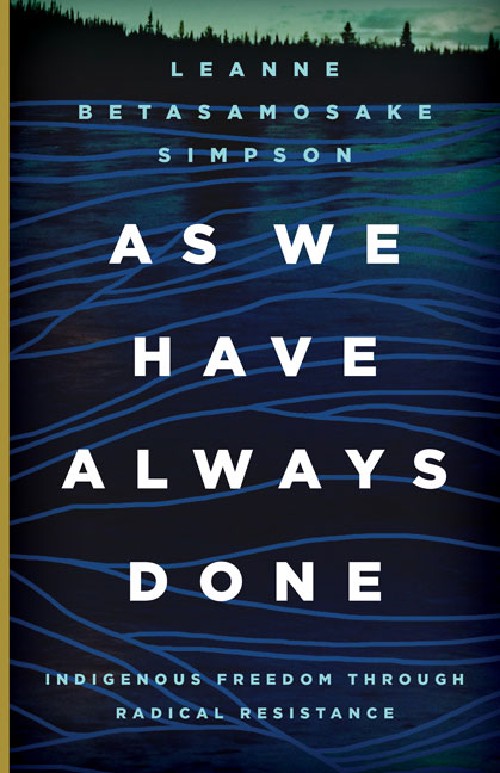
As We Have Always Done: Indigenous Freedom through Radical Resistance
Copyright 2020, University of Minnesota Press
Indigenous Issues
Despite the “histories” white people in power want to tell, indigenous people have always been here and are still here and many have not lost sight of the worlds they know are possible to live in. Nick Estes and Winona LaDuke are two among many authors who are working to rewrite the bullshit histories, and if you are someone who finds joy in these times through reading (in all its forms), I encourage you to read their books. I’d like to conclude this piece, however, with the words of Leanne Betasamosake Simpson. Her book As We Have Always Done is a fierce and clear argument that indigenous people have lived in worlds that made space for all people (cis, trans, two-spirited, genderqueer, disabled, etc), and those worlds are not dead, they are just being crowded out by the world that capitalism has made.
One of the ways I hope to use my energy and labor in the coming years is to join in the work to make space for these worlds to have the resurgence many are already working towards. This is decolonialism; working to get land back, disrupting domination systems, being available for activities that create space whether or not the laws allow for them or not. It’s important for me, however, that my work is done in solidarity and community, to avoid the habits that white people have of “fixing” and “saving” things (and reifying all the power structures in the process). Once again I see the very actions that bring joy are the actions required of me to make space for other futures.
I would like to end with Simpson’s words, because her thesis is that this world is still present, still possible. This is one of many worlds I am working to make space for with every breath.
Michi Saagiig Nishinaabeg are salmon people. Doug tells me Chi’Niibish had its own resident population of salmon that migrated all the way to Stoney Lake to spawn. We drank directly from the lakes, and that was a good, healthy thing to do. There was a large population of eels that also migrated to Stoney Lake each year from the Atlantic Ocean. There was an ancient old-growth forest of white pine that stretched from Curve Lake down to the shore of Lake Ontario, which had virtually no understory except for a bed of pine needles. There were tallgrass prairies and black oak savannas where Peterborough stands today. The lakes were teeming with minomiin, or wild rice. The land was dotted with sugar bushes, the lakes were full of fish.
It sounds idyllic, because compared to now it was idyllic. Our knowledge system, the education system, the economic system, and the political system of the Michi Saagiig Nishinaabeg were designed to promote more life. Our way of living was designed to generate life—not just human life but the life of all living things. Michi Saagiig Nishnaabeg were travelers; we rarely settled, and this was reflected in our politics and governance, in our diplomacy with other nations, and even in the protection of our land. Stable governing structures emerged when necessary and dissolved when no longer needed. Leaders were also recognized (not self-appointed) and then disengaged when no longer needed. It was an emergent system reflective of the relationality of the local landscape. I think of our system of governance as breathing—a rhythym of contraction and release.
